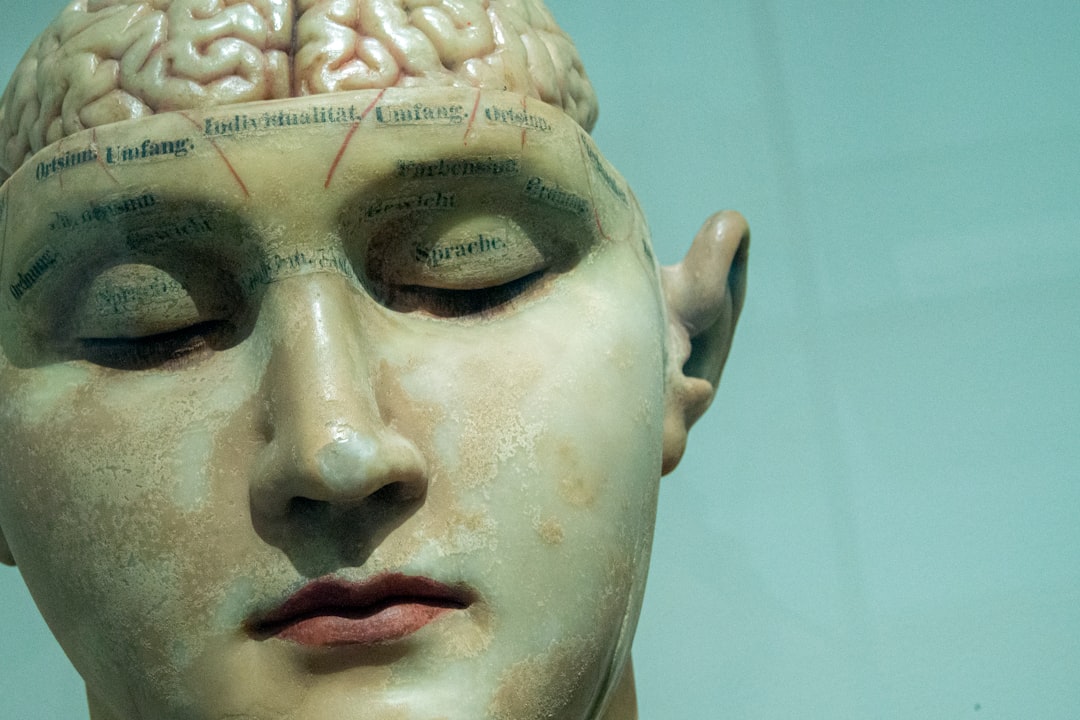The study “Global Well-Being and Mental Health in the Internet Age” offers a comprehensive analysis of the impact of internet usage on mental health. It encompasses data from millions of individuals across 168 countries from 2005 to 2022. This extensive research, unprecedented in its scale, scrutinises the correlation between internet use and mental well-being, considering various demographic and geographical factors.
Challenging Preconceived Notions
Contrary to widespread belief, the study reveals no significant evidence that internet usage and technologies like smartphones are detrimentally affecting global mental health. Andrew Przybylski, a professor at the Oxford Internet Institute and a co-author of the study, emphasises the absence of a ‘smoking gun’ linking technology to deterioration in well-being. This revelation is particularly striking, given the prevalent discourse that often portrays digital technology as a catalyst for mental health decline.
Youth vs. Older Generations
While the study observed an increase in negative and positive mental health experiences, it found that life satisfaction remained relatively stable on average. Interestingly, the impact of internet technology adoption on mental health did not show a significant bias towards younger individuals, a demographic often assumed to be most vulnerable. Although some evidence suggested a marginally more negative association with young people’s mental health, this was minimal and within the null region, indicating a negligible effect.
Data from Online Platforms
A critical aspect highlighted by the study is the lack of access to data collected by online platforms, which could provide deeper insights into the causal relationships between internet use and mental health. Przybylski points out that while some data was obtained from platforms like Meta, a more comprehensive and transparent analysis is crucial for understanding the potentially harmful effects of digital environments.
Focusing on Known Health Promoters
In the absence of a definitive link between internet use and mental health, Przybylski advocates for a focus on practices known to enhance health and well-being, such as socialising, exercise, and sleep. He suggests that these factors are more potent determinants of health compared to the tenuous link between the internet and well-being.
Rethinking Our Approach to Digital Well-being
This study marks a significant milestone in understanding the complex relationship between internet use and mental health. It challenges the narrative that has long associated digital technology with declining mental well-being and calls for a more nuanced approach to addressing mental health in the digital age.

